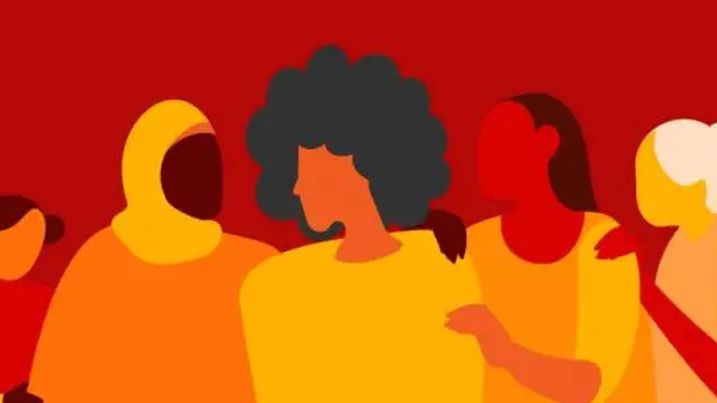Back at the well – Day 16


Se(di)ngolwa (t)sa Bibele
JOHANNE 4
Jesu le mosadi wa Samaria
This is the longest conversation Jesus has had with anyone – with a woman at the well in Samaria. It becomes clear, from the text, that there was much dispute between Samaritans and Jews. The woman raises a number of religious and theological issues during her very long conversation with Jesus. One could say that she is the spokesperson for the Samaritan people. In verses 16-19, we hear that the woman has had five husbands but it appears that Jesus is not particularly interested in the details of why she was not married or what happened in her relationships with the husbands she has had.
1. What preconceived ideas did you have about the Samaritan woman?
2. Do you know why there was animosity between Jews and Samaritans?
3. The gossip stories we pick up about someone, especially why a woman is not married or why she is divorced, can paint a blurred, tainted picture of who she really is. Has that ever happened to someone in your context?
4. What are your thoughts about the reciprocity in the story as Jesus asks the woman for water, and that he has water to offer?
5. Water is a central image in John’s Gospel. Water is essential for life and living – the development and growth of new life as well as the birthing process. Jesus asks a drink of water from a woman, a Samaritan woman, a Samaritan woman with no husband.
Jesus always seems to risk being ridiculed and have his reputation tarnished when it comes to women. BUT Jesus continues to interrupt patterns, attitudes and practices that put women at a disadvantage; that exclude them; that dismiss their contributions; that make them invisible; that alienate them from community AND Jesus offers living water to nurture healthy relationships where all can flourish.
Let us go to the Source of our faith, drink from the well and be united in activism for no violence against women. Go, tell …
Psalm 139:13-24
You created every part of me;
you put me together in my mother’s womb.
I praise you because you are to be feared;
all you do is strange and wonderful.
I know it with all my heart.
When my bones were being formed,
carefully put together in my mother’s womb,
when I was growing there in secret,
you knew that I was there —
you saw me before I was born.
The days allotted to me
had all been recorded in your book,
before any of them ever began.
O God, how difficult I find your thoughts;
how many of them there are!
If I counted them, they would be more than the grains of sand.
When I awake, I am still with you.
O God, how I wish you would kill the wicked!
How I wish violent people would leave me alone!
They say wicked things about you;
they speak evil things against your name.
O God, how I wish you would kill the wicked!
How I wish violent people would leave me alone!
They say wicked things about you;
they speak evil things against your name.
O LORD, how I hate those who hate you!
How I despise those who rebel against you!
I hate them with a total hatred;
I regard them as my enemies.
Examine me, O God, and know my mind;
test me, and discover my thoughts.
Find out if there is any evil in me
and guide me in the everlasting way.
Amen

